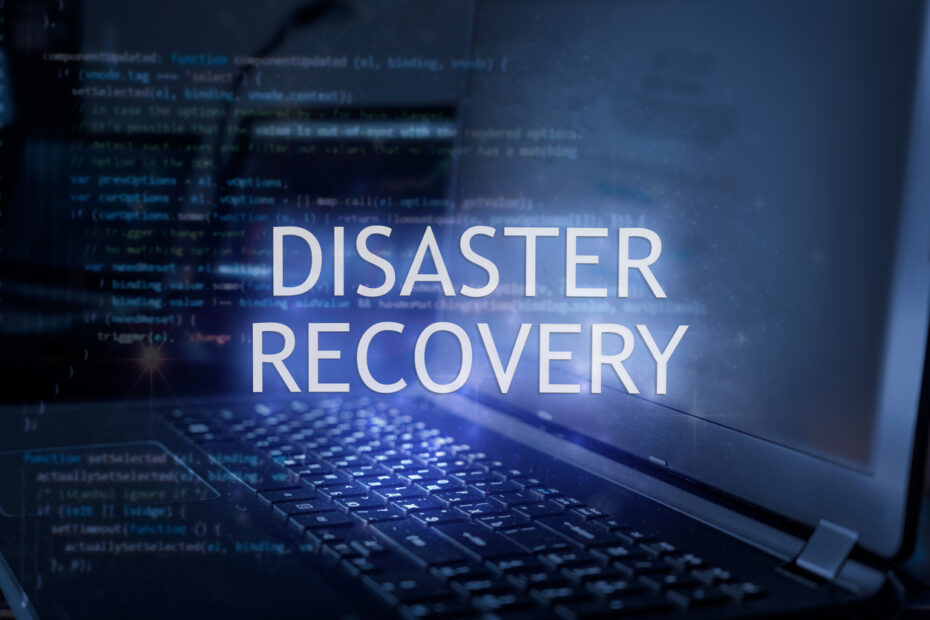In today’s digital age, where information is increasingly stored electronically, data backup and disaster recovery have become essential components of any organization’s operations, including churches. Ensuring the safety and accessibility of sensitive data is paramount for maintaining the integrity of a church’s operations and ministries.
Understanding Data Backup
Data backup refers to the process of creating copies of important files and storing them in a separate location from the original data. For churches, this could include membership records, financial documents, sermon recordings, and more. Regular backups are crucial to prevent data loss in the event of hardware failure, cyberattacks, or natural disasters.
Disaster Recovery Planning
Disaster recovery planning involves developing strategies and protocols to minimize downtime and restore data quickly in the event of a catastrophic event. This includes identifying potential risks, establishing recovery objectives, and outlining procedures for data restoration.
Implementing Data Backup and Disaster Recovery for Churches
Before implementing data backup and disaster recovery measures, churches must assess their specific needs and vulnerabilities. This includes evaluating the volume and sensitivity of their data, as well as their budget constraints. Once needs are identified, churches can choose from a variety of backup solutions, ranging from cloud-based services to on-premises hardware.
Best Practices for Data Backup and Disaster Recovery
To ensure the effectiveness of their backup and recovery efforts, churches should adhere to best practices such as conducting regular backups, storing backups offsite, and testing recovery procedures periodically. This helps mitigate the risk of data loss and ensures that critical information remains accessible when needed.
Challenges and Solutions
While implementing data backup and disaster recovery strategies, churches may encounter challenges such as limited resources, technical expertise, and compatibility issues. However, these challenges can be overcome through careful planning, training, and leveraging the expertise of IT professionals.
Importance of Professional Assistance
Seeking assistance from IT professionals can greatly benefit churches in developing and maintaining robust data backup and disaster recovery solutions. These professionals can offer tailored recommendations based on the church’s unique needs and budgetary constraints, ensuring optimal protection of their information assets.
Cost Considerations
While investing in data backup and disaster recovery may seem daunting for churches with limited budgets, there are cost-effective solutions available. By prioritizing critical data and leveraging affordable technologies, churches can implement effective safeguards without breaking the bank.
Case Studies
Numerous churches have experienced the benefits of implementing comprehensive data backup and disaster recovery strategies. From recovering crucial files after a ransomware attack to restoring operations following a natural disaster, these case studies highlight the importance of proactive planning and preparation.
Conclusion
In conclusion, data backup and disaster recovery are essential components of safeguarding a church’s information assets. By prioritizing these measures and adhering to best practices, churches can minimize the risk of data loss and ensure continuity of their ministries and operations.
FAQs
Why is data backup important for churches?
Data backup ensures that critical information, such as membership records and financial documents, remains accessible in the event of hardware failure, cyberattacks, or natural disasters.
How often should churches conduct data backups?
Churches should conduct regular backups according to their specific needs and operational requirements, with some opting for daily or weekly backups.
What are the benefits of offsite backup storage?
Offsite backup storage provides an additional layer of protection against physical damage or theft, ensuring that data remains safe even if the primary location is compromised.
How can churches test their disaster recovery procedures?
Churches can test their disaster recovery procedures by simulating various scenarios, such as data loss or system failure, and evaluating the effectiveness of their response protocols.
What should churches consider when budgeting for data backup and disaster recovery?
When budgeting for data backup and disaster recovery, churches should consider factors such as the volume of data, desired level of protection, and available resources to ensure cost-effective solutions are implemented.
ACS Technologies
ACS Technologies sets a new standard in church technology, offering a holistic suite of solutions that streamline administrative tasks and empower your staff to excel in their roles and your church to excel in your community.
In the ever-evolving landscape of church engagement and management, ACS Technologies rises above the rest. Our comprehensive church solutions, bespoke digital offerings, streamlined communication tools, comprehensive ministry consulting, and training make us the trusted choice for over fifty thousand churches. Experience the ACS Technologies advantage and elevate your church’s online presence, connectivity, and generosity today. Join us in redefining church technology for the digital age, where your ministry’s success becomes our shared mission.




